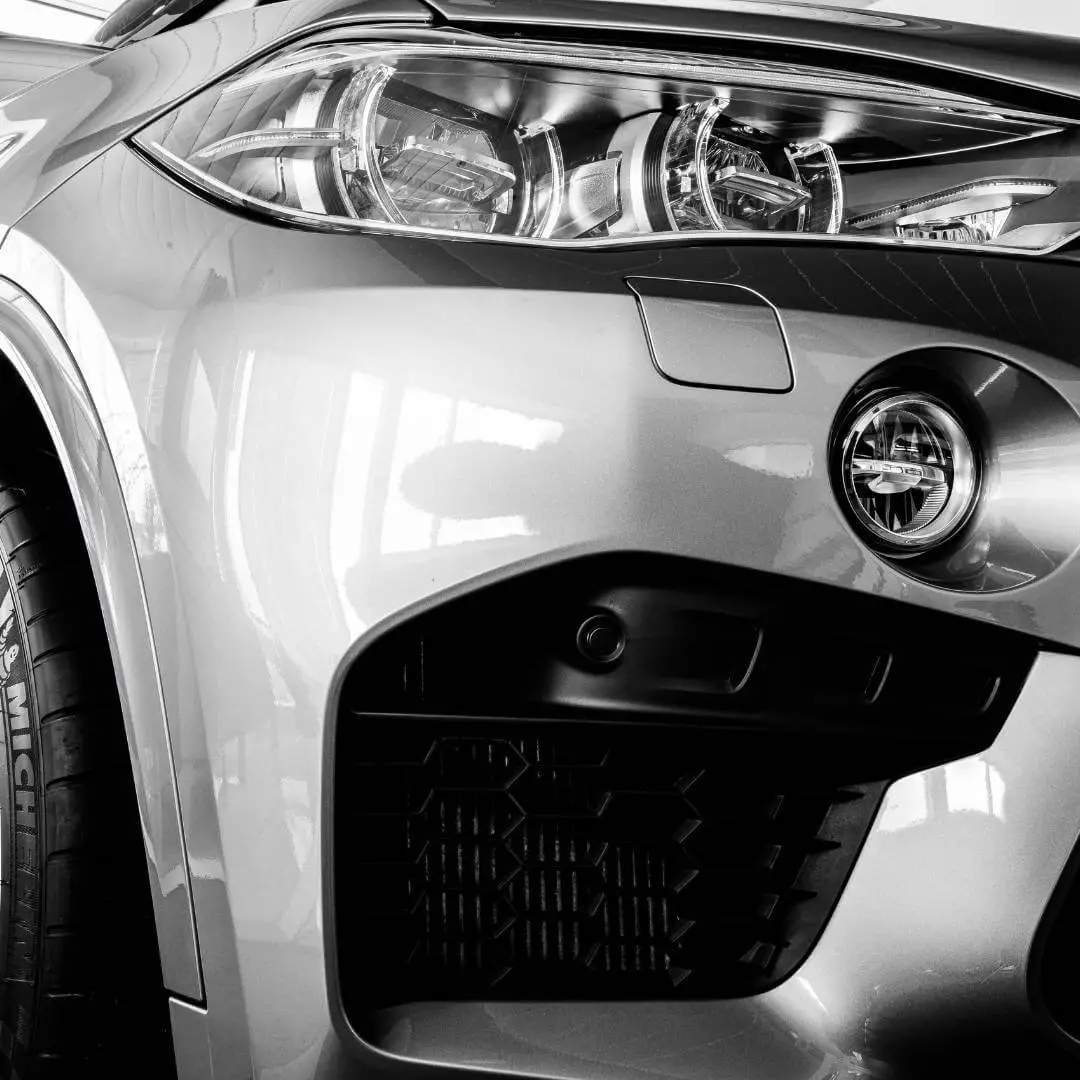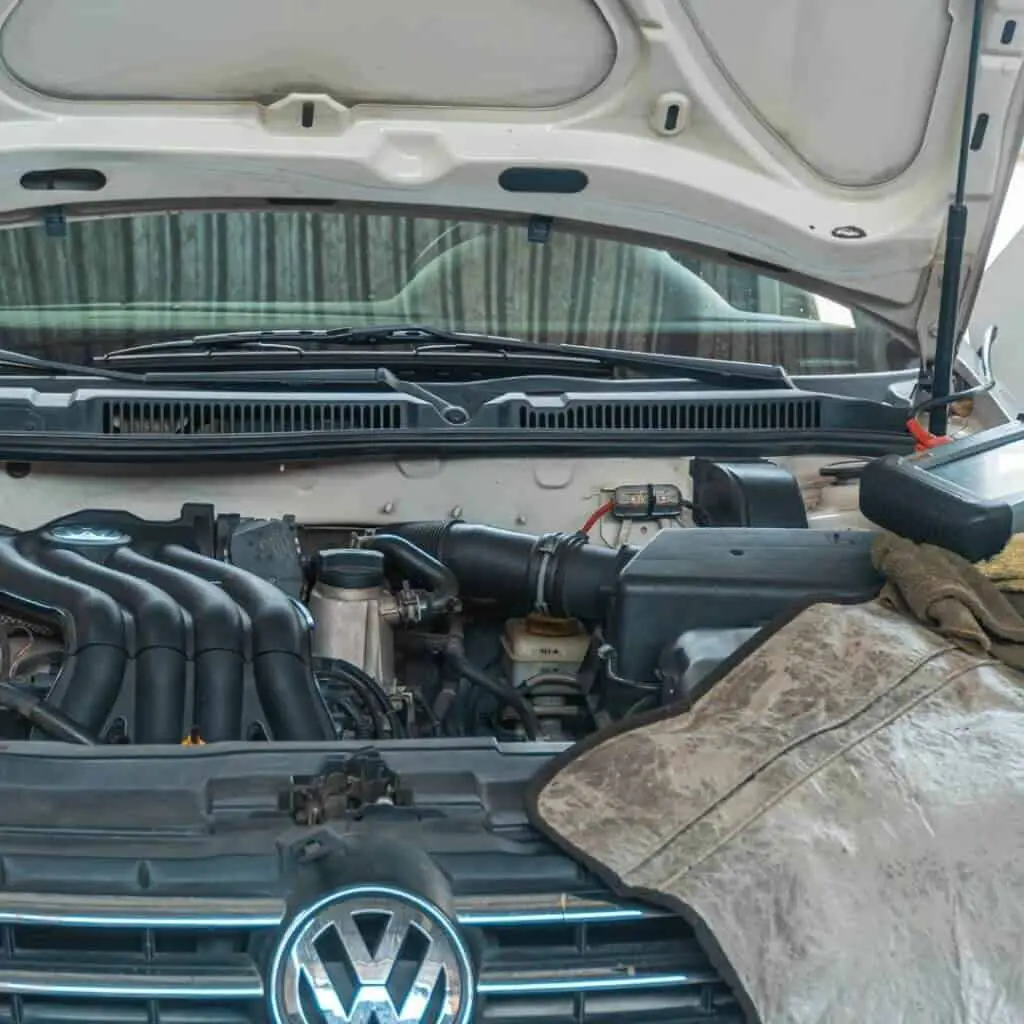Are you familiar with BMW N57 engine problems?
The BMW N57 is a family of aluminum, 3.0-liter inline, turbocharged – 6 common rail diesel engines. The engine uses variable geometry turbines and Bosch piezo injectors.
BMW produced it for use in its various vehicles. It was first introduced in 2008 and replaced by the BMW M57 engine.
The N57 is part of BMW’s new generation of diesel engines, which offer increased performance and efficiency compared to previous generations.
It is one of the most popular engines in the BMW lineup and has been used in various vehicles, from passenger cars to luxury SUVs.
Although the BMW N57 engine is robust and reliable, it is prone to specific problems just like other engines. It has had its fair share of issues, ranging from minor to significant engine failures.
This article provides an overview of the most common issues with the BMW N57 engine and some tips on diagnosing and fixing them.
BMW N57 Engines Problems

Most serious BMW N57 engine problems include overheating, timing chain braking, high oil consumption, and injector issues. Other problems can be related to EGR, high-pressure fuel pump, and excessive carbon buildup.
- Injector Issues
The BMW N57 engine needs a lot of diesel fuel. Using low-quality and questionable-origin fuel may cause the fuel pressure regulator and the injection system to fail prematurely.
Over time, the injectors are susceptible to wear and tear, which can cause issues, including poor power delivery and excessive smoke. If you’re experiencing any of these issues, getting the injectors inspected and replaced is the best course of action.[1]
To solve injector issues in a BMW N57 engine, there are a few potential solutions. These include:
- Cleaning the injectors
- Replacing one or more injectors
- Updating the engine management software
- Replacing the fuel filter
- Noise issues
You might notice unexpected sounds from the engine when your car is in motion. This might indicate that the crankshaft damper in the internal combustion engine is broken.
Servicing your vehicle and changing parts is the only way out. It is also possible for swirl flaps to malfunction in this situation.
They can stop functioning if they are too heavily coated in soot. As a result, the engine eventually experiences frequent crashes and problems. [2]
In this case contact a qualified mechanic or BMW dealership for diagnosis and repair.
- Exhaust Gas Recirculation (EGR) Valve Failure
Another weak point in N57 engines is the EGR valve. This issue is primarily observed in the N57D30 engine version. It may get dirty, and this will stop it from working correctly after a run of 100,000 kilometers. And to avoid this, it is preferable to turn it off in advance. [3]
Solutions:
- Clean or replace the EGR valve
- Update the engine management software
- Replace the EGR cooler
- Block off or delete the EGR system (not recommended)
- High-Pressure Fuel Pump (HPFP) Issues
The high-pressure fuel pump injects fuel into the car engine’s ignition chamber. Due to the engine’s design, the fuel pump’s failure results in the engine not getting any fuel. The high-pressure fuel pump malfunctioning is a typical issue with the BMW N57 engine.
BMW’s high-pressure fuel pump failure can be attributed to several causes, including injector pump leaks, poor quality oil, prolonged oil changes, and solenoid failure, among others.
If you experience any of these issues, you should have the HPFP checked by an experienced mechanic and replaced if necessary.
Signs of high-pressure fuel pump failure may include poor acceleration response, engine stalling, limp mode activation, difficulty starting the vehicle, and sudden surges.
- High Oil Consumption
High oil consumption is another engine issue frequently occurring with the BMW N57 engine. It might be caused by several factors, including worn valve seals, piston rings, or a faulty oil pump.
If your N57 is using a lot of oil, you should get the engine checked out immediately since this could cause significant harm if you don’t. [4]
The engine may use more oil than usual if these seals leak due to wear and tear. Like worn piston rings, improper sealing between the piston and the cylinder wall can result in excessive oil use.
In addition, oil consumption may rise due to oil entering the combustion chamber in this way.
- Timing Chain Failure
Many BMW owners now experience a serious issue with premature timing chain failure. A timing chain design issue seems to impact a variety of BMW diesel engines built between 2006 and 2015. The engine timing chain is exceedingly fragile. Over time, it stretches and eventually snaps.
This issue is frequently observed in series 1, 3, and 5 models of N47, M57, and N57 diesel engines. When the timing chain snaps, the inlet and exhaust valves strike the pistons, resulting in massive engine damage.
The best fix to this issue is to carry out an immediate replacement to ensure proper engine performance.
- Excessive Carbon Buildup
All engines burn hydrocarbon fuel. As a result, smoky carbon deposits are natural. However, as the carbon layer develops over time, issues may arise.
It will reduce airflow into the engine and may result in unusual air flows that hinder correct fuel atomization and mixing. In some regions, this causes hot spots to form, increasing the danger of explosion [5].
Excessive carbon buildup in the BMW N57 engine is a frequent problem. Several factors might contribute to this, such as an improper fuel-air ratio, a broken EGR system, or a bad fuel injector.
Therefore, you should test your N57 engine for signs of excessive carbon accumulation as soon as possible. Any required repairs should be done after the engine has been inspected.
- Engine Overheating
BMWs are renowned for working consistently well over their lifetimes. However, only if the required care plan is followed, faults are anticipated, and preventive action is taken. One problem that BMW drivers occasionally experience is engine overheating.
The BMW N57 engine is susceptible to overheating, which can be triggered by various factors. These factors include a faulty thermostat, a clogged radiator, an incorrect type of coolant, or a failing water pump [6].
If your N57 engine is running hot, it’s essential to have the engine inspected and any necessary repairs completed as soon as possible.
Read Also: BMW X5 Problems
How Many Miles Can N57 Engine Last?
The lifespan of a BMW N57 engine can vary depending on a variety of factors, including how the vehicle is driven, how well it is maintained, and whether any modifications have been made. In general, however, the N57 engine is known for being a durable and reliable engine that can last for many miles if properly cared for.
With proper maintenance, such as regular oil changes, air filter replacements, and timely repairs of any issues that arise, it’s not uncommon for N57 engines to last well over 200,000 miles. Some drivers have reported driving their N57-powered BMWs for over 300,000 miles without any major issues.
It’s worth noting that proper maintenance is key to ensuring the longevity of the engine. Neglecting routine maintenance can lead to premature wear and tear on engine components, which can significantly shorten the lifespan of the engine.
Additionally, modifications such as chipping or tuning can also impact engine lifespan, as these modifications can put additional stress on engine components if not properly installed and maintained.
List of Bmw’s with N57 Engine
- BMW 3 Series (F30/F31/F34): 2012-2015 335d (US market only)
- BMW 5 Series (F10/F11): 2010-2017 535d, 2011-2017 535d xDrive
- BMW 5 Series Gran Turismo (F07): 2010-2017 535d GT, 2011-2017 535d xDrive GT
- BMW 6 Series (F12/F13): 2012-2018 640d, 2012-2018 640d xDrive
- BMW 7 Series (F01/F02): 2008-2015 740d, 2008-2015 740d xDrive
- BMW X3 (F25): 2010-2017 xDrive30d
- BMW X4 (F26): 2014-2018 xDrive35d
- BMW X5 (E70/F15): 2008-2013 xDrive30d, 2013-2018 xDrive40d, 2013-2018 M50d
- BMW X6 (E71/F16): 2008-2014 xDrive30d, 2012-2018 xDrive40d, 2012-2018 M50d
BMW N57 Engine Recalls
- In 2015, BMW issued a recall for certain models with the N57 engine due to potential fuel leaks that could result in engine stalling or a fire.
- In 2016, BMW issued a recall for certain models with the N57 engine due to a potential issue with the exhaust gas recirculation (EGR) cooler that could lead to coolant leakage and engine overheating.
- In 2017, BMW issued a recall for certain models with the N57 engine due to a software error that could cause the engine to stall or fail to restart.
- In 2019, BMW issued a recall for certain models with the N57 engine due to a potential issue with the crankshaft sensor that could cause the engine to stall while driving.
Read Also: How Long Does BMW Last
Conclusion
The BMW N57 can be a fantastic, reliable, and robust engine. However, the engine experiences common issues that plague other engine models.
BMW N57 Engine problems are rare, but they may occur. From turbocharger issues and high oil consumption to high-pressure fuel pump failures and engine overheating, various issues can arise with this engine.
Inspecting and getting any of these issues addressed as soon as possible is essential to avoid further damage to the engine. Following the advice in this article can help ensure that your BMW N57 engine gives you optimal performance and reliability.
Read Next: Does BMW Have a Spare Tire




